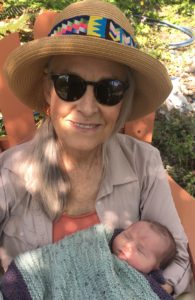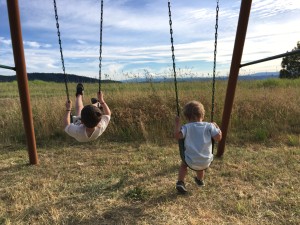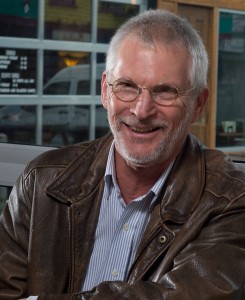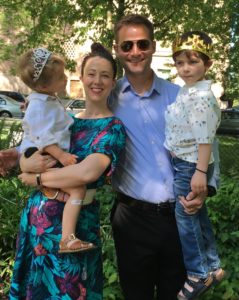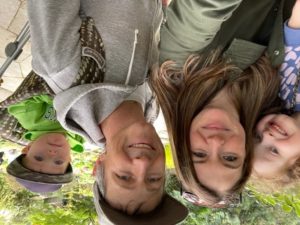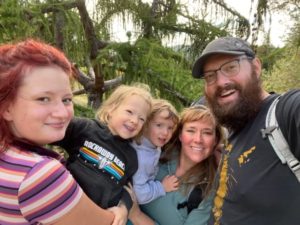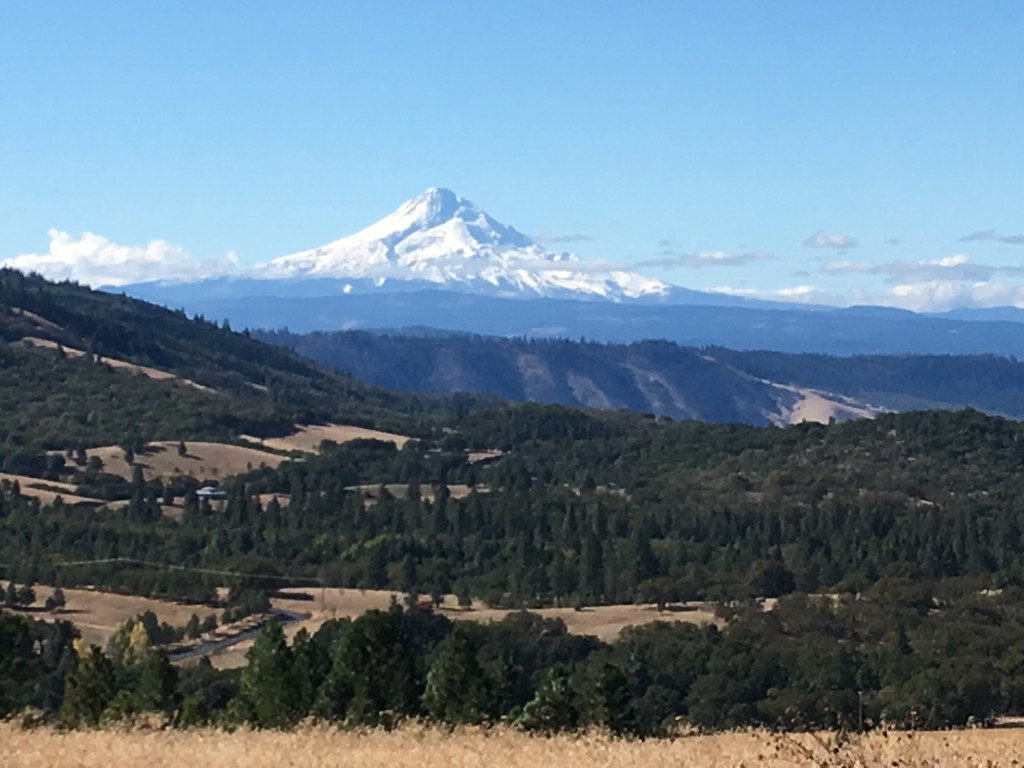
Q. TELL US A LITTLE BIT ABOUT YOURSELF:
I’m a lucky old lady: I enjoy good health, a large raucous family, dear old friends, and I have enough retirement to live on comfortably, but not extravagantly, which is no small thing in today’s world.
Since being ‘happily divorced’ I live in a little house perched above the Columbia River Gorge in rural Washington state. My ex and I see each other frequently, and see our kids and grandkids who live in Portland frequently, yet we each have plenty of time all to ourselves.
Most pertinent to the creation of this book, I’m a rather boring, scholarly sort of person—a hermit and a forest dweller—who’s been focusing on one area of study for the last 30 years of her life.
Q. TELL US A LITTLE BIT ABOUT THE PROJECT:
The human shadow is a gnarly and terrifying subject, a subject most of us would rather not know anything about. So how do you get people interested in something they would rather not know anything about? Tell them a good story, with some of Bob Hobbs’ artwork.
“Beauty and the Beast” is a vehicle, here. I let the famous old story pull me along wherever it willed, and lo and behold, it led me right to the human shadow. It’s probably safe to say that if you deconstruct any old human story it will lead you to the human shadow. Or to something equally profound about human nature. That why certain stories stick around. They’re archetypal. They represent fundamental things about human nature.
Q. WHAT DID YOU DO TO PREPARE TO WRITE ABOUT THE HUMAN SHADOW?
Who said I was prepared? Integrating your shadow into your personality is a life-long task. There’s no end point. You don’t ever get done. So I’m probably not prepared to write about the human shadow. Nevertheless… somebody’s gotta do it. So let’s just say I’m interested in the human shadow.
Studying and writing about the human shadow sucks, a lot of the time. You run into the unsavory aspects of your own shadow; you start realizing you’re the Village Idiot just about as often as you’re the Goddess of Wisdom. It’s hard work. We are not generally trained to practice introspection in this country. Plus it’s not even possible to see your own shadow most of the time, no matter how good your intentions are.
No one wants to see the evil in themselves. We want to be right, dammit! Blameless! We long for the enemy to be elsewhere… Problem is, “The enemy are us!” as Pogo said in that old cartoon. So dwelling on one’s shadow can be painful.
On the other hand, it’s totally freeing. There’s so much less to hide!
Learning about the human shadow, learning what little I’ve managed to learn about my own shadow, has been the best—and the worst—thing that could have possibly happened to me. To my whole family. It’s one of those delightful, inexplicable paradoxes that make life worth living.
Q. HOW DID YOU DEVELOP YOUR IDEA FOR THE BOOK?
I’m pretty sure the damn idea developed me.
About 30 years ago a social worker in Portland who worked with troubled youth gave me audiocassettes of Robert Bly lecturing on the human shadow. Those tapes stayed in my car for over 6 months. Started up whenever I turned on the ignition. Played continuously, over and over. I just couldn’t believe what perfect, soul-shattering sense they made. The kind of sense that won’t let go of you. The kind of sense that starts changing your life, whether you like it or not.
But why had I never heard of what Bly was talking about? Why hadn’t any of my well-read and intelligent friends? Hhmmm… That’s odd… So I started studying the human shadow. And when you start studying the human shadow, you run into quotes like these:
“Projection of shadow material causes most of the misery, injustice and warfare in the world.” –Robert Bly
“Learning to integrate shadow material is the single most important task facing mankind, as failure to do so will lead to the extinction of the human race.” –Carl Jung
“We need an essentially new way of thinking if mankind is to survive.” –Albert Einstein
“The task of confronting the brutal, destructive elements of the shadow has become the inescapable destiny of our species: if we fail, we cannot hope to survive.” –John Sanford
“We might just be in time to stop the apocalypse. But it will be touch and go.” –Konrad Lorenz
When you spend enough time with material like that, what you ought to do becomes pretty clear: you ought to try to provide a better understanding of how the human shadow works to the general public. Thus, Shadow in the USA.
